
Ivy Scholars’ Research Program helps students establish candidacy for top universities by demonstrating their ability to perform academic research at a high level. Most Tier 1 universities and all Ivy League schools consider themselves research universities. Unlike high schools, their primary focus is to publish novel findings, not to teach students.
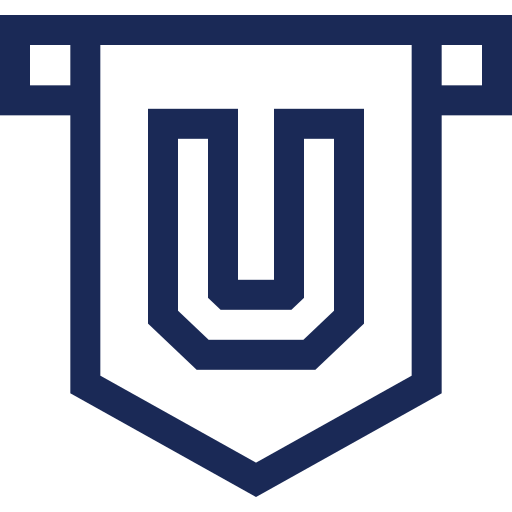

We coach students to write and publish academic research. Ivy Scholars’ program is focused on publishing in (1) top-tier research journals, such as IEEE or ElSevier, and (2) conferences sponsored by universities, such as Harvard Undergraduate Research Journal or Princeton Undergraduate Research Journal conferences. Our goal is to publish alongside undergraduate, graduate, and post-doctoral students.
Students in the Ivy Scholars Research Program receive 50 hours of 1:1 mentorship with their Ivy Scholars Research Mentor, a graduate or undergraduate researcher at a top university who has already published their own original research. This is billed in 10-hour retainers of $4,000, in a total amount of $20,000.
We match students with researchers who are working in a field of interest to the student. We have mentors who are experts in any and every field, from computer science to medicine, philosophy to engineering, wildlife ecology to dance.
We are as specific as possible here, and work carefully with students to determine their interests before connecting them with a mentor. Here is how the process works in detail:
We have three different timelines, each of which is aimed at a different group of students:
This program is a lot of work regardless of level; students are expected to put in 5-10 hours a week for several months. Academic research is a long process, and not as glamorous or exciting as portrayed on TV or in movies. It is still a very rewarding experience, but we want students to go in with their eyes open. They need to be willing to put in the work to get the best results.
Note that for students operating on an accelerated timeline, we will need to focus our efforts on conferences, rather than journals. While research may be completed at an accelerated schedule, the peer review and editing process at the top journals can take up to six months (if not more). To ensure that the research has the desired impact on college applications, we may need to submit primarily to conferences, which have a much faster turnaround for review and publications. While we will still only submit to accredited and peer reviewed publications, the abbreviated timescale does limit where we can submit.
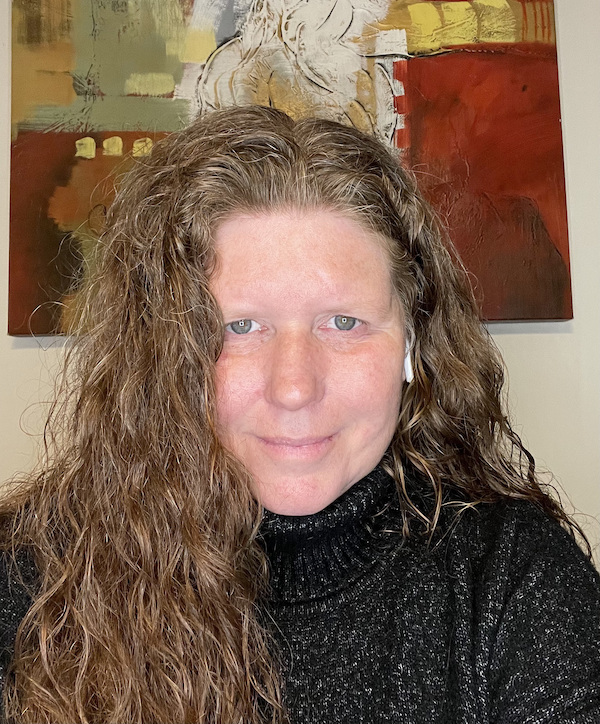
Dr. Cynthia
Fun Fact: I am an avid runner. I have run marathons, half marathons, and race 5K’s nearly every weekend from April to November. I’m preparing for my first Spartan race this September!
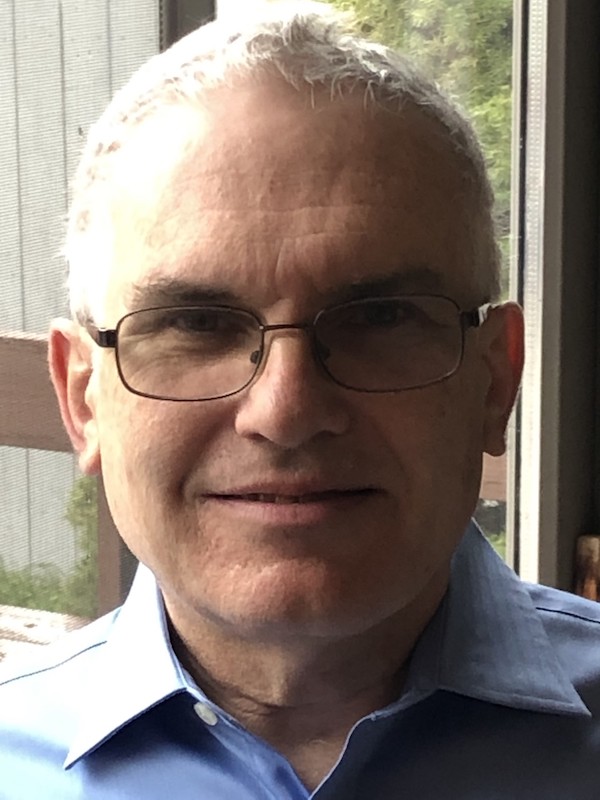
Dr. Leonard
Fun Fact: I once came in third place in the Suffolk County high school table tennis championships. I then got a chance to play the US national champion, with predictable results.
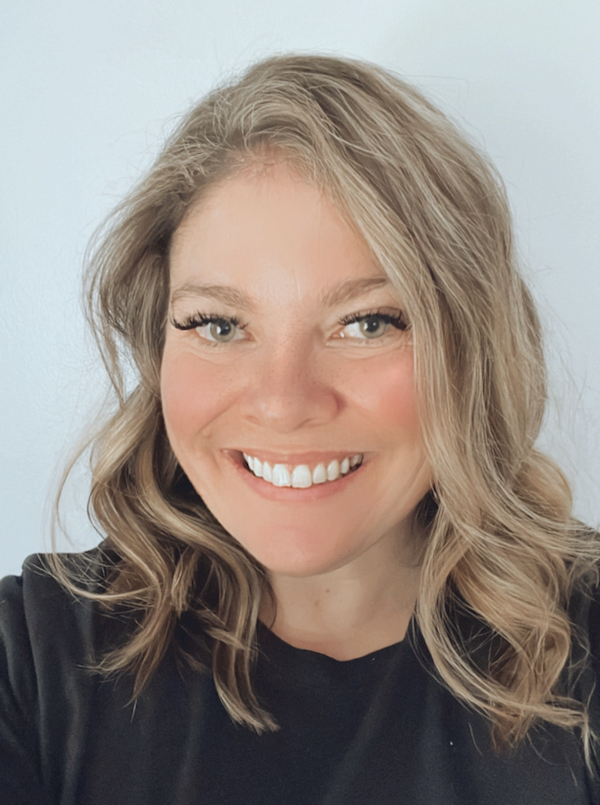
Dr. Danielle
Fun Fact: I have traveled to 35 countries and even toured the Chernobyl Exclusion Zone in Ukraine.
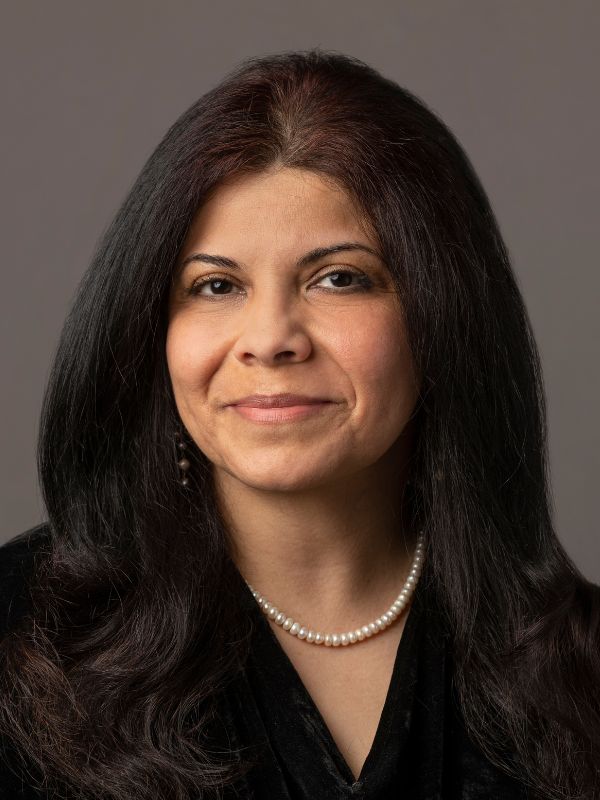
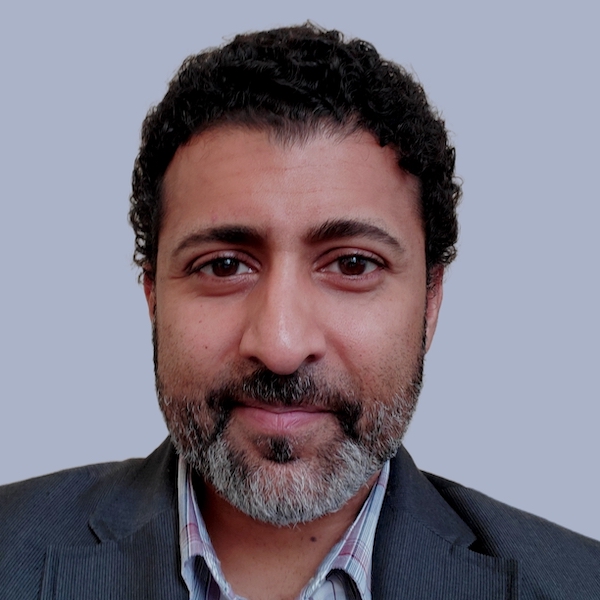
Dr. Nikhil
Fun Fact: I enjoy collecting old-school video games and playing them with my son and wife.
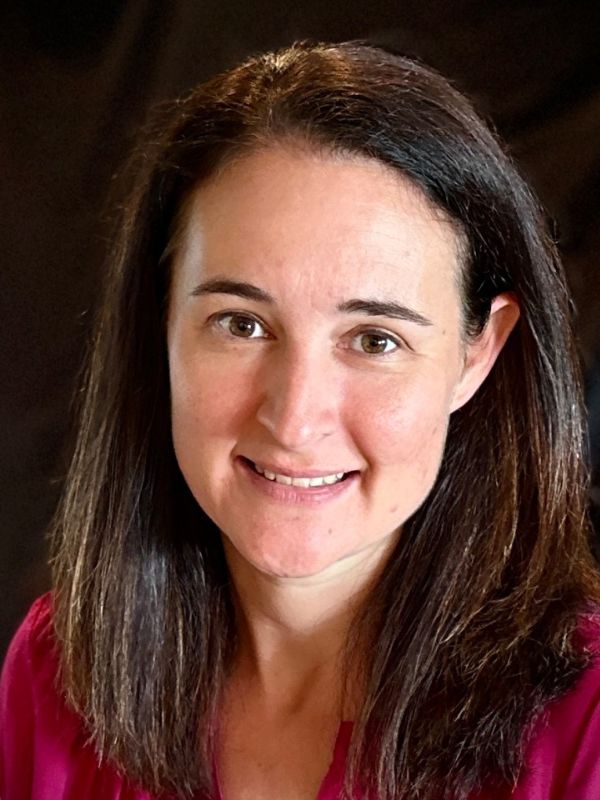
Dr. Rebecca
Fun Fact: Rebecca has been to 49/50 states and visited over a third of the national parks. Every summer, she moves into her RV and roams around the US with her adorable family.
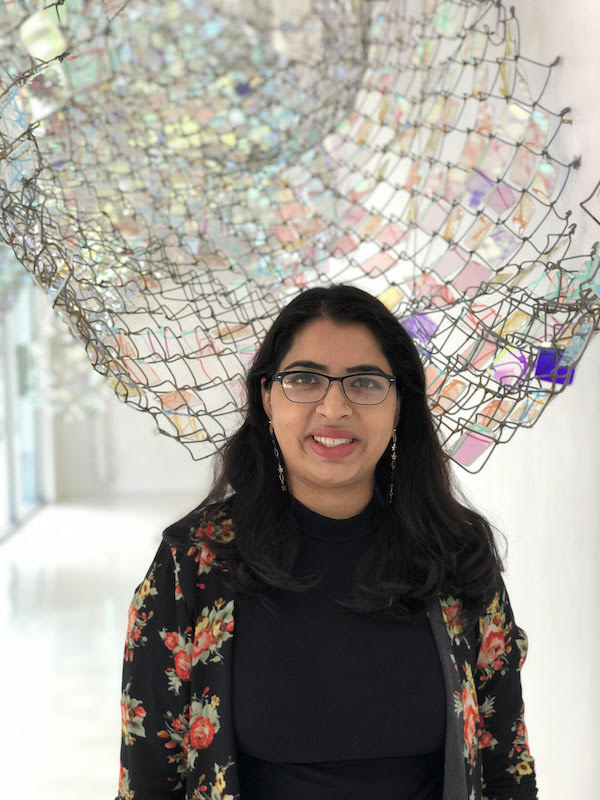
In the past, we have seen students publish with the following journals and conferences:
Here are some students who have done research in the past:
Case Study 1: Jane
Jane came to us in July, just before the start of her senior year. She had an interest in pursuing research in psychology, both due to her passion for the field and for help on her college applications. As she was going to be applying to colleges in just a few short months, this gave us an abbreviated timeline to work with. Luckily, Jane was an enthusiastic and capable student, and was eager to take on the challenge ahead of her.
Jane began working with Dr. Newman, who has years of experience in both his own psychological research, and in helping undergraduates with their research projects. The first step was determining a topic for the paper. Jane had a specific interest in sports psychology, and over a few meetings and some literature review, they came up with a topic for a paper.
We did not have time to run full experiments, but Jane was able to conduct what are known as “archival studies.” These are studies based on existing data of various kinds. She did one on the portrayal of softball players vs baseball players in online player photographs. She discovered some interesting trends, ones not noticed in research before. A second study focused on the home-field advantage in sports. Dr. Newman was in agreement that the questions and results were significant, and papers describing the research were submitted to conferences.
We initially submitted the research to conferences rather than journals due to the rapid turnaround needed. Jane wanted to be able to tell colleges about her research efforts, and conferences have a much faster turnaround than journals. One of the studies is now being written up for submission to a peer-reviewed journal.
Case Study 2: John
John began doing research with us in the spring of his junior year, with the goal of deepening his involvement with and understanding of computer science, and producing tangible evidence of his investment for college admissions. He began working with one of our CS mentors on a machine learning project.
This began by ideation, where the mentor worked with him to find a subject that was relevant to the field, publishable, and interesting to John. They ended up settling on a project involving mortality forecasting based on geography during extreme temperature events. This used machine learning to analyze publicly available data sets to craft more accurate forecasts going forward.
The mentor helped John source the data and in setting up the code to analyze it, but John was the one to do the work, learning a great deal about the applications of machine learning in doing so. Indeed, his mentor set up a separate curriculum to help John learn the needed background in machine learning to complete his research.
As the research was completed, the mentor helped John write up his results for publication. This required careful formatting to ensure the submission would be accepted. Computer science moves much faster than most fields, and so the majority of publications take place in conferences. In archaeology, for example, the subjects studied will still be dead in another six months, while in computer science, the entire field can shift in an instant with one discovery. Thus, our students who study computer science generally aim to publish at conferences.
John was no different. His mentor helped him submit his results to an IEEE conference which had a theme of machine learning this year. As the themes change each year for conferences, you want to pick carefully when deciding where to submit, to maximize your chances of acceptance. This worked well for John, and his paper was accepted to the conference.
If you are interested in a research opportunity for your own student, schedule a free consultation to learn if Ivy Scholars is the right choice for you.

Ivy Scholars is the leading educational consultant in Sugar Land, Texas, providing admissions coaching, test prep, and more to help students enroll at top tier schools.

Call us now: +1 (281) 215-5148
.
Get expert tips, admissions updates, and resources delivered straight to your inbox.


